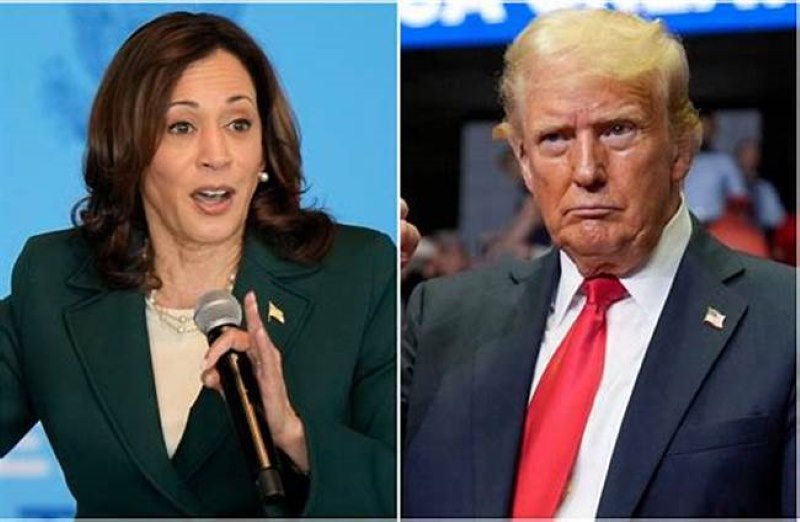Politics
Harris vs Trump Assessing Foreign Policy Amid Global Threat
Assessing foreign policy america’s rivals are strengthening their influence globally, spanning Europe, Asia-Pacific, the Middle East, Africa, and even the Americas. The incoming U.S. president faces the task of safeguarding American deterrence while confronting complex international challenges. The Wall Street Journal and its Editorial Board delve into the potential foreign policy of a Kamala Harris administration, contrasting it with Donald Trump’s approach.
Kamala Harris An Internationalist Perspective
Supporters, such as William S. Cohen, portray Kamala Harris as a champion of lawful governance and a rules-based global order. However, despite her cautious approach to international matters, advocates assert she prioritizes stability and diplomacy in her policies. Conversely, critics express concerns about Harris’s clarity regarding her strategy for addressing escalating global threats. Ultimately, this debate highlights differing perceptions of her foreign policy effectiveness and overall leadership vision in a complex world.
Defense Policies and Strategic Caution
In the Senate, Harris supported defense budget cuts, aligning with advocates for limiting military spending to manage fiscal priorities. As vice president, she has shown caution regarding escalations, particularly in Ukraine and Israel. If elected, Harris is expected to continue this restrained approach in foreign policy. Her advisor, Philip Gordon, bolsters this stance by consistently promoting non-escalatory measures in international conflicts.
Contentious Stances on Iran and Energy Policies
The Editorial Board notes Harris’s support for rejoining the Iran nuclear agreement and her previous endorsement of a fracking ban. Critics argue that these policies inadvertently enable rivals like Russia by failing to weaken their revenue sources, potentially undermining U.S. strategic interests.

Election Certification Challenges Surge Ahead of November
Four years after the presidential election certification challenges that incited the Capitol riots, disputes over election processes…
Afghanistan Withdrawal and Middle East Policies
Harris supported President Biden’s Afghanistan withdrawal, a move some argue weakened U.S. credibility. In the Middle East, her approach has paralleled Biden’s, leading analysts like Reuel Marc Gerecht and Ray Takeyh to observe that Iran has exploited tensions between the U.S. and Israel, advancing its nuclear capabilities under a prospective Harris administration.
U.S.-Israel Relations and Progressive Alignment
Kamala Harris aligns with the Democratic Party’s progressive wing regarding Israel, as evidenced by her choice to skip Netanyahu’s Congressional address. Additionally, her decision signals a distinct stance, diverging slightly from traditional support for Israel within her party. Although Harris backs Israel’s right to self-defense, her approach emphasizes a more balanced viewpoint. Consequently, her perspectives suggest a progressive stance, notably different from the Biden administration’s established policies.
A Crucial Decision for Voters
With the election approaching, voters encounter a pivotal decision regarding the nation’s foreign policy direction and leadership approach. Kamala Harris emerges as a candidate whose policies could steer the U.S. through complex global challenges. The question remains whether her strategies align with voters’ expectations for handling turbulent international affairs. Alternatively, some may believe a different leader is essential to navigate these demanding geopolitical landscapes effectively.


